By Kai Thaler for Denver Dialogues.
This week, Nicaraguan President Daniel Ortega is planning to attend the United Nations General Assembly for the first time in eleven years; it will also be his first visit since a wave of protests against his regime began in April. The largely nonviolent demonstrations quickly expanded into the most serious challenge yet for Ortega, who has been in office since 2007. After months of contestation, Ortega used paramilitaries and police to crush protesters and their roadblocks and campus occupations. Government forces have killed hundreds, more have been arrested, and opposition leaders have fled into exile.
Ortega’s turn from competitive authoritarian president to full-blown, iron-fisted dictator is part of a broader, unfortunate trend in Latin America and worldwide. In recent decades, the brazen presence and fiery speeches of authoritarian regime leaders like Iran’s Mahmoud Ahmadinejad and Venezuela’s Hugo Chávez at the UN sparked Western outrage. Today, Ortega faces a much different global zeitgeist. Leaders such as Vladimir Putin, Bashar al-Assad, and (until recently) Robert Mugabe have shown it is possible to maintain power repressively despite domestic contestation and international condemnation. More heads of state are following their path.
Meanwhile, the US and Western European countries are mired in their own crises of democracy, giving authoritarian leaders little incentive to moderate their behavior. In Latin America, there are strong memories of the horrors perpetrated by right-wing military dictatorships in the region—with strong US backing—from the 1950s through 1980s. Economic crises and high crime rates in recent decades, however, have made citizens more receptive to authoritarian appeals to stability and crackdowns on crime. Those leaders who have overseen economic growth and low crime, as in Ortega’s Nicaragua until recently, have argued that they are bulwarks of continued, stable growth to justify stifling competition and dissent.
In Honduras, President Juan Orlando Hernández has, with US backing, solidified his grip on power and violently suppressed protests after winning elections marred by credible claims of fraud. Guatemalan President Jimmy Morales’ party was founded by right-wing military officers, some implicated in anti-indigenous massacres during the civil war. Morales has sought to undermine the country’s UN-supported anti-corruption commission, with his latest attempts rebuffed by the Constitutional Court in mid-September. Chilean President Sebastián Piñera, since coming back into office, has moved to strengthen anti-terrorism laws used for repression by the military dictatorship of Augusto Pinochet and is using US-trained military police to target indigenous Mapuche activists protesting the exploitation of their ancestral lands. Brazilian presidential frontrunner and ex-military officer Jair Bolsonaro, who survived a stabbing at a campaign rally earlier in September, actively seeks Pinochet’s authoritarian mantle, arguing that the Chilean general responsible for thousands of ‘Dirty War’ atrocities “did what had to be done.”
Latin America’s turn back toward authoritarianism is, of course, not restricted to one end of the ideological spectrum. Most prominently, Venezuelan President Nicolas Maduro has clung to power in the face of economic collapse and mass emigration, using the security forces to repress protests and institutional maneuvers to sideline the opposition. Bolivia’s Evo Morales, in office since 2006, has repeatedly sought to ensure that he can run for a fourth consecutive term in 2019, even after a 2016 referendum in which Bolivians voted against possible reelection. Morales appealed to the Constitutional Court, which decided the president can run again, reigniting protests. Even where leftist populist leaders have departed from office, the transition has been rough. Ecuador’s former president Rafael Correa has attacked his successor and former vice president Lenín Moreno after Moreno moved toward the center and successfully passed a referendum that prevents Correa from seeking reelection in the future.
Morales and Correa are seeking to follow Daniel Ortega’s footsteps in changing laws and manipulating institutions to seek perpetual reelection. Ortega, however, sits somewhere in the ideological center. Initially seen as a member of Latin America’s ‘Pink Tide’ of left-wing governments from the late 1990s through 2000s, Ortega abandoned the original revolutionary socialism of the Sandinista (FSLN) party in favor of neoliberal macroeconomic policies, clientelistic social spending, and alliances with conservative business and religious leaders. Superficially, however, Ortega maintained anti-imperialist rhetoric and forged ties with Latin American leftist leaders, using Venezuelan oil and petrodollars to prop up the economy and his family’s fortunes, all the while centralizing and personalizing power within the party and undermining the already weak opposition.
When anti-government protests began in April 2018 and quickly spread throughout Nicaragua, there were hopes Ortega might soon fall, following the fate of other Latin American leaders toppled by mass protest. Yet Ortega has used police and paramilitaries to violently retake the streets and the death toll, according to the Inter-American Commission on Human Rights, is now over 300. The government has used anti-terrorism laws to prosecute protesters without due process and intimidated their attorneys, there are allegations of torture by police and paramilitaries, and thousands of Nicaraguans have fled the country.
The US has recently handed Ortega, Maduro, and other repressive dictators a fresh boost. The New York Times’ explosive report that Trump administration officials discussed a possible coup against Maduro with dissident Venezuelan military officers lends credence to the conspiracy theories peddled by Maduro, Ortega, and their peers, who argue that opposition to them is part of a foreign plot. As we have seen with the exploding drone attack on Maduro in August or the coup attempt against Turkish President Recep Tayyip Erdogan in 2016, if dictators survive such threats, they purge enemies, silence doubters, and further consolidate power.
Given Nicaragua’s economic weakness, international isolation, and revolutionary history, the end of Ortega’s time in power may still be near. For now, however, Nicaragua represents another case in the disturbing trend of late and post-Cold War democratization giving way to a new authoritarianism, in Latin America and beyond.
Kai Thaler is an Assistant Professor of Global Studies at the University of California, Santa Barbara and a postdoctoral fellow at the Sié Chéou-Kang Center for International Security and Diplomacy.

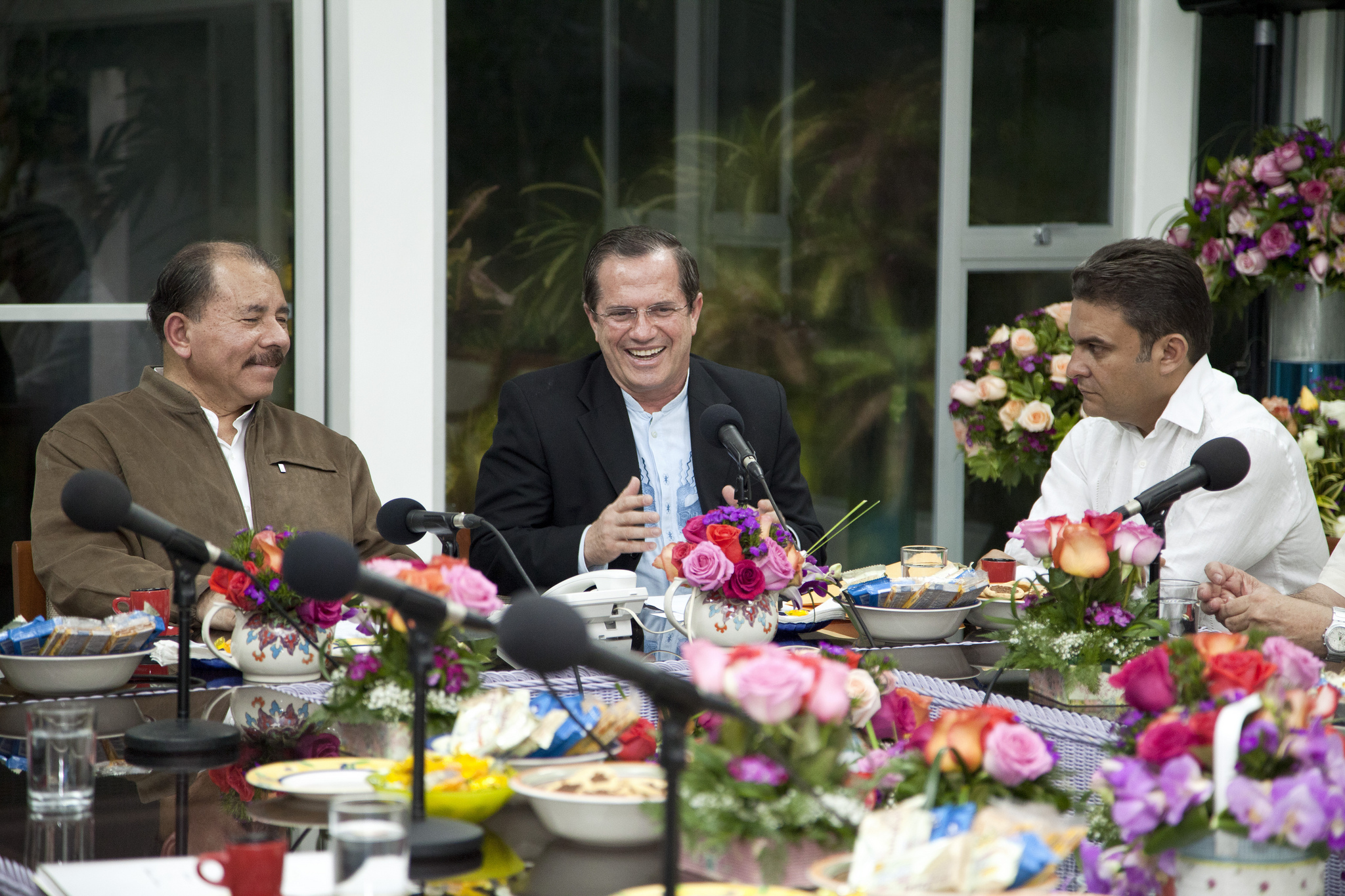
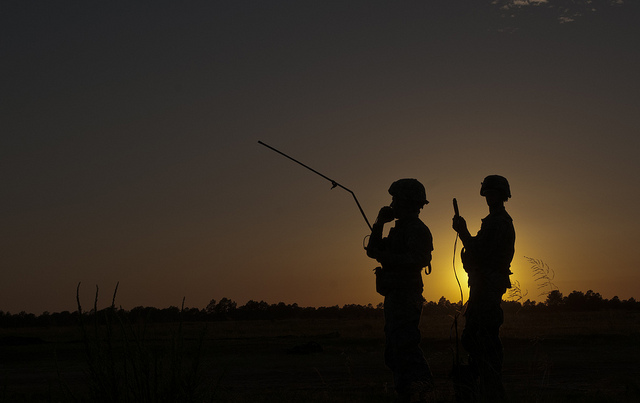
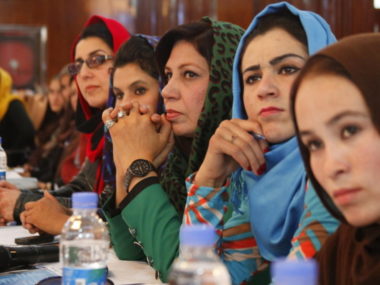
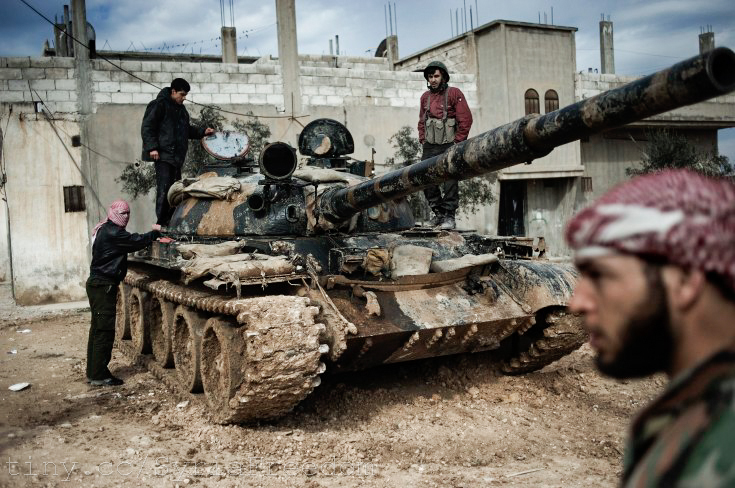
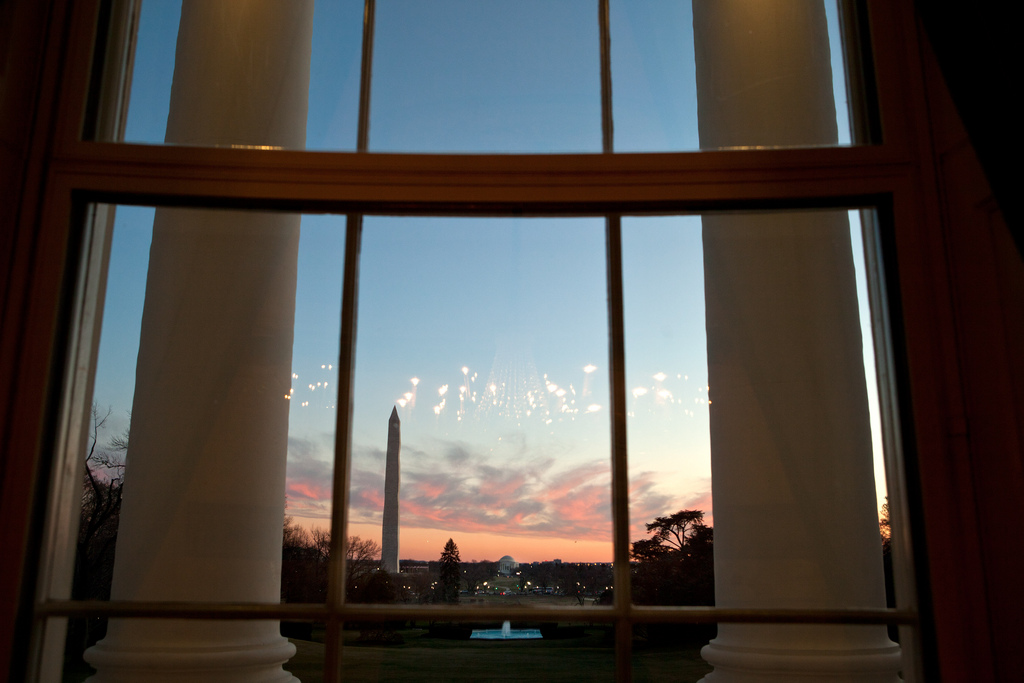
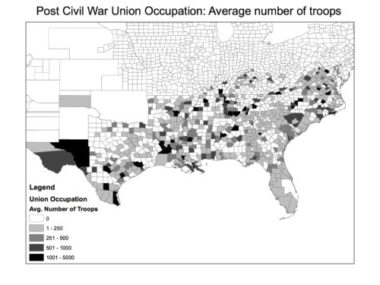
1 comment